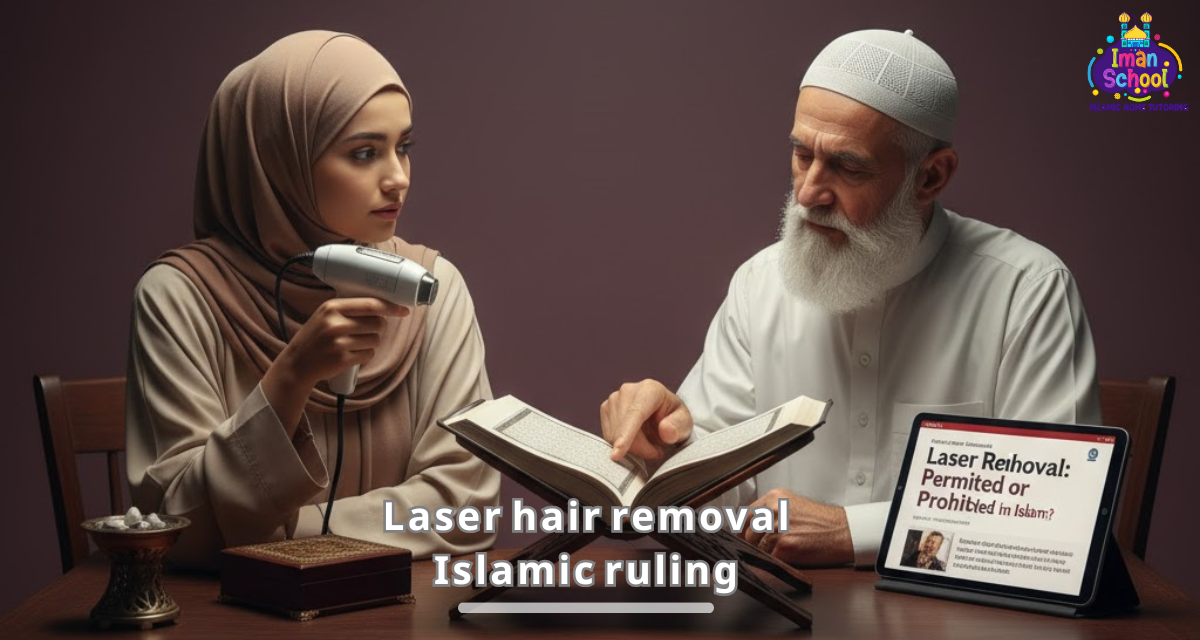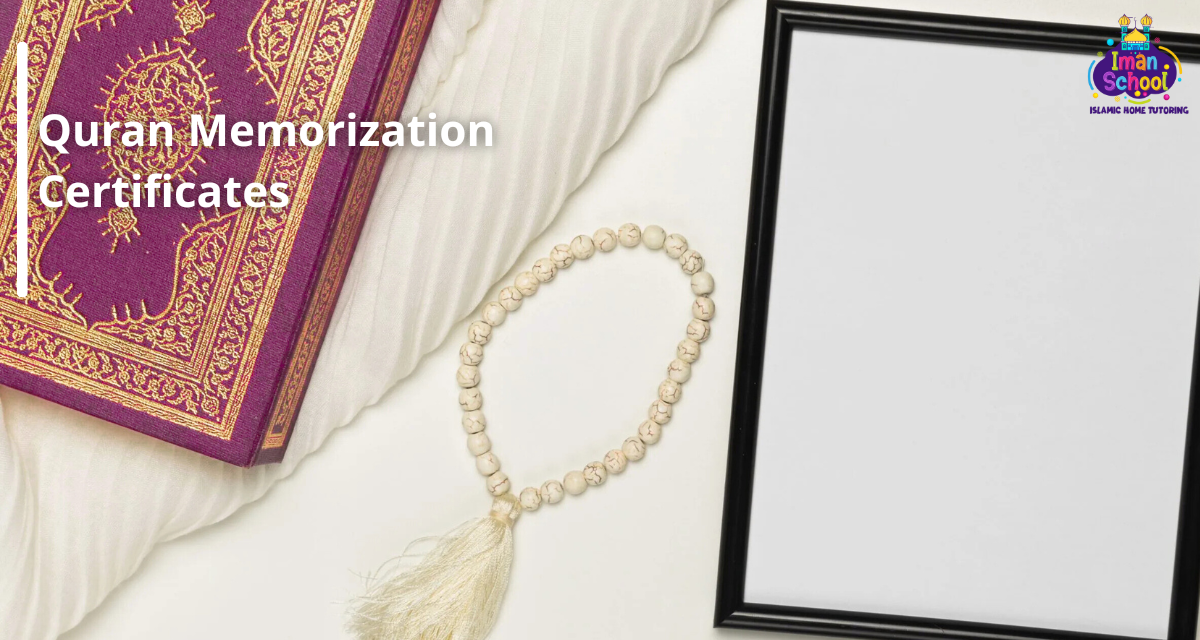The question of Laser hair removal Islamic ruling is a common and important one for Muslims seeking to balance modern technology with their faith. With the advancements in cosmetic procedures, many are asking if laser hair removal, a method that offers permanent or long-term hair reduction, is permissible (halal) in Islam. This article will explore this issue by examining the general principles of Islamic law regarding hair removal, the opinions of various scholars, and the key factors to consider before deciding on the procedure.
Is laser hair removal permissible (halal) in Islam?
Yes, according to the majority of contemporary scholars, laser hair removal is generally permissible (halal) in Islam. The procedure is seen as a modern method for removing unwanted hair, which is a matter of cleanliness and beautification encouraged by the Sunnah. It does not fall under the category of permanently changing Allah's creation, as it removes something that grows naturally and is intended for removal. This is the simple answer to the question: Is laser hair removal haram or halal?
Ruling on Exposing the Awrah for Laser Hair Removal
The core ruling in Islam is that it is impermissible to expose the Awrah (the parts of the body that must be covered) to another person, even if the practitioner is a woman (for a female patient), unless there is a legitimate Sharia-recognized necessity (Darurah) or a pressing need (Hajah) that approaches necessity.
1- The Principle of Modesty (Awrah)
The general rule is established by the Hadith of the Prophet (peace and blessings be upon him):
- Hadith: The Prophet (peace and blessings be upon him) said:
"A man should not look at the Awrah of a man, nor should a woman look at the Awrah of a woman."
(Recorded by Muslim)
Based on this principle, merely seeking beautification is not considered a sufficient necessity to justify exposing the major Awrah (pubic area) to a practitioner, even if that practitioner is of the same gender. Therefore, laser removal of the Awrah purely for cosmetic reasons is generally not allowed if it requires exposure to a third party.
2- The Exception: Necessity (Darurah)
The ruling changes if there is a genuine inability to perform the necessary hygiene:
-
The Scenario: If the questioner suffers from a medical condition or physical limitation that prevents her from performing the required hair removal herself (e.g., shaving or plucking) using conventional methods, then she is permitted to have the hair removed by a female doctor or specialist.
-
Scholarly Justification (Hanbali School): The Hanbali school of thought considered the inability to remove pubic hair (Halk Al-'Anah) for hygiene purposes as a necessity (Darurah) that permits looking at the Awrah.
-
Scholarly Text: In the book Al-Insaf fi Ma'rifat al-Rajih min al-Khilaf fi al-Fiqh al-Hanbali (Equity in knowing the preponderant opinion among the differences in Hanbali jurisprudence), it states:
-
"Whoever is entrusted with serving a sick man or woman for ablution, Istinja (cleaning after relieving oneself), or other needs, their ruling (in terms of looking and touching) is the same as that of a physician. This was explicitly stated (by the scholars). Similarly, if one shaves the pubic hair of someone who cannot shave it themselves, this was explicitly stated, and Abu Al-Wafa and Abu Ya'la As-Saghir affirmed it."
3- Conclusion
Laser hair removal of the major Awrah by a practitioner is only permitted if:
- The individual is unable to remove the hair themselves through any conventional means (a legitimate need or necessity).
- The practitioner is of the same gender (a woman for a woman).
Read More: Fake nails Islamic ruling
What are the general principles of Islamic law regarding hair removal?
Islam distinguishes between two types of body hair:
-
Hair that is encouraged to be removed: This includes hair from the armpits and pubic area, which is part of the "fitrah" (natural disposition) and a Sunnah to remove.
-
Hair that is forbidden to be removed: This includes the beard for men and eyebrows for both men and women (with the exception of a unibrow).
The general principle is that removing hair that is unwanted or a source of discomfort is permissible. This addresses the general question: Is it permissible to remove body hair in Islam? The ruling on hair removal is often tied to the specific location and the method used.

Is laser a new method that needs a specific fatwa?
Yes, as a relatively modern technology, laser hair removal required a specific legal ruling (fatwa on laser hair removal) from contemporary scholars. The ruling was needed to determine if the method's semi-permanent or permanent nature falls under the prohibition of "changing Allah's creation" or if it is simply a more advanced form of conventional hair removal methods like shaving or waxing.
Read More: Islamic ruling on tattoos
What is the difference between temporary and permanent hair removal methods in Islam?
Temporary methods like shaving, waxing, and depilatory creams are considered permissible and are a part of regular hygiene. The key concern with laser hair removal is its long-term effect. However, scholars have concluded that since the laser targets a naturally growing substance (hair) that is meant to be removed, it is not considered an impermissible alteration of the body. This is a crucial distinction in the Islamic ruling on permanent hair removal.
Does laser hair removal fall under the category of changing Allah's creation (taghyeer khalqillah)?
No, most scholars agree that laser hair removal does not fall under the category of Changing Allah's creation in Islam. The prohibition of "taghyeer khalqillah" applies to permanent and irreversible changes to the body's fundamental structure for non-medical reasons, such as tattoos or elective surgeries that alter one's physical form. Removing unwanted hair, which naturally grows and is subject to regular removal, is not considered a permanent change to the body's essential creation. It is a form of cleanliness and beautification that aligns with the principles of Islam and beauty standards.
Learn More: Islamic Ruling on Eyebrows
What are the opinions of different Islamic scholars on this topic?
The majority of contemporary scholars and Fiqh councils, including those from various Islamic universities and legal bodies, have issued rulings that permit laser hair removal. This is the prevailing opinion, making the Fatwa on laser hair removal generally positive. Some scholars, however, may hold a more conservative view, arguing against it out of caution regarding any form of "permanent" change to the body.
Is laser hair removal considered a form of unnecessary beautification?
While it is a form of beautification, it is not considered unnecessary. Islam encourages cleanliness and a pleasing appearance, especially for one's spouse. The removal of unwanted hair in Islam is a part of hygiene and the fitrah. The long-term or permanent nature of laser hair removal simply makes the process more efficient and convenient, and therefore does not make it impermissible. This applies to concerns about a hairy body Islam and Muslim women's beauty tips in general.
Get Started: Quran Female Teacher in USA
What is the ruling on using laser for parts of the body that are part of the 'awrah?
The use of laser hair removal for parts of the body that are part of the 'awrah (intimate parts) is permissible, as it is a modern method for removing hair from the pubic and underarm areas. This is a common practice addressed by the hadith about hair removal. The key is to ensure that the procedure is performed by a person of the same gender to preserve modesty. This clarifies issues like: Is it haram to get rid of armpit hair permanently? and Is it haram to remove pubic hair with laser? The answer is no, as the hair is from areas that are encouraged to be removed.
Is it permissible for a woman to be treated by a male practitioner, or vice versa?
No. The Islamic ruling on this is strict. The rule of covering the 'awrah and preserving modesty dictates that a woman's 'awrah should not be exposed to a non-mahram man, and vice versa. Therefore, a woman must be treated by a female practitioner, and a man must be treated by a male practitioner. This is a non-negotiable condition for the procedure to be considered permissible.
Is it permissible to use laser hair removal for medicinal or health-related reasons?
Yes, if laser hair removal is used for a medical or health-related purpose, such as treating a skin condition or for hygiene, it is certainly permissible. Islam allows for treatments that address health issues and alleviate physical discomfort. This is an example of Islamic ruling on beauty treatments where the ruling is clearly permissible.

Discover More: Why Can't Muslim Woman Pray on Their Period
Does laser hair removal interfere with wudu or ghusl?
No, laser hair removal and Wudu are not in conflict. The laser procedure does not leave a physical layer on the skin that would prevent water from reaching it. The laser targets the hair follicles beneath the skin, so it does not interfere with the validity of Wudu (ablution) or Ghusl (ritual bath). This is a major difference from methods like nail polish, which do form a physical barrier.
Are there any conditions under which laser hair removal would be considered impermissible?
Yes, the procedure would be considered impermissible under certain conditions:
-
If it is performed by a practitioner of the opposite gender.
-
If it is used to remove hair that is forbidden to be removed, such as a man's beard or to permanently alter the eyebrows.
-
If it is proven to cause significant and irreversible harm to the body, which modern medical science does not currently suggest.
Continue Reading: Islamic Law
Is laser hair removal an acceptable alternative to other sunnah methods like plucking or shaving?
Yes. While traditional methods like shaving and plucking are Sunnah methods, laser hair removal is an acceptable modern alternative. It provides a more convenient and longer-lasting solution for removing hair from the body. This is a topic of contemporary jurisprudence, as scholars have had to decide if a new technology can be applied to an existing Sunnah.
The conclusion has been that the goal of cleanliness and hair removal is paramount, and the method can be modern. This applies to questions like Waxing Islamic ruling or Is it haram to shave legs in Islam? as well as Is waxing your full body haram? as they all address the permissibility of removing unwanted hair, which is generally acceptable.
See More: Can You Read Quran Without Ghusl
What are the key points to consider before a Muslim decides to undergo the procedure?
Before undergoing the procedure, a Muslim should consider these key points:
-
Ensure a qualified and experienced practitioner of the same gender performs the procedure.
-
Ensure the area being treated is not hair that is forbidden to be removed (e.g., eyebrows).
-
Ensure that the technology is safe and the clinic is reputable.
-
Consult a trusted local scholar if you have any personal doubts.
How can I learn more about Islamic rulings?
For an in-depth understanding of Islamic ruling on beauty treatments and other complex issues of contemporary life, it is crucial to seek knowledge from qualified scholars. Iman School is a leading online academy that specializes in providing authentic Islamic education to Muslims in America, Canada, and around the world.
We offer a wide range of courses in Fiqh, Shari'ah, and Aqidah taught by certified and experienced scholars. Our platform provides a reliable and accessible way to gain the knowledge you need to live a life in accordance with Islamic principles.
If you are looking for clarity on matters like Is electrolysis permissible in Islam? or Sharia law on hair removal, and want to learn from a trusted source, our online Fiqh and Shari'ah courses are the ideal solution. Visit our website today to learn more and enroll in a course.




